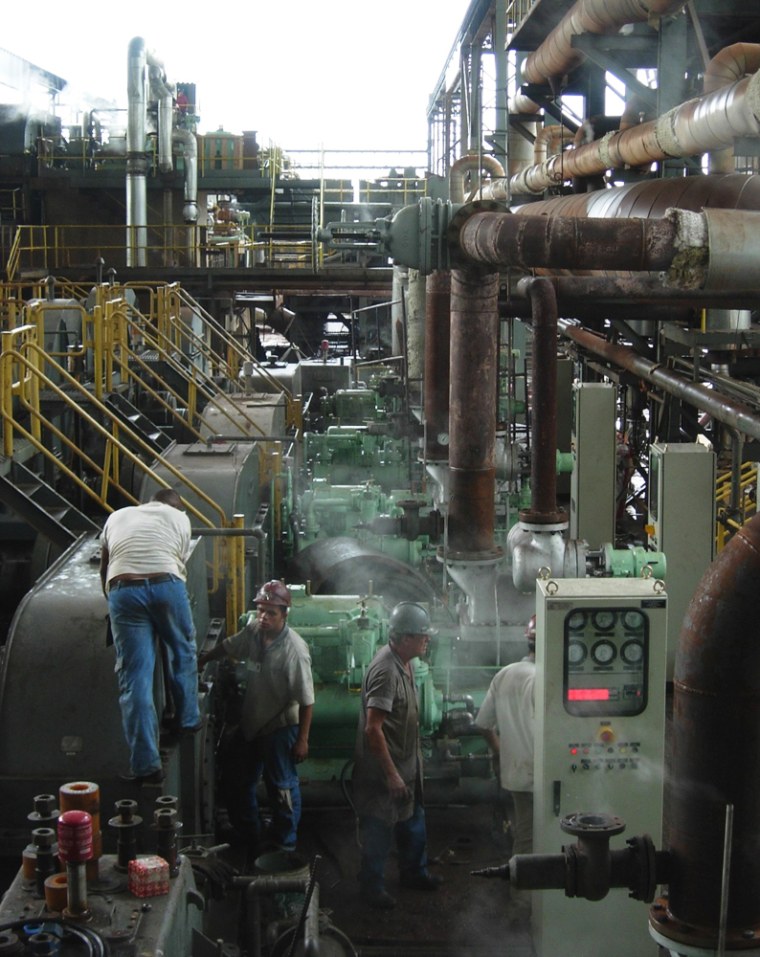Brazil could nearly double sugar cane-based ethanol production to 31 billion liters in 2014 by planting more cane and using new technology, the President of Sao Paulo's Cane Agroindustry Union said on Thursday.
Sugar cane-based ethanol helps power Brazil's growing fleet of flex-fuel cars that run on ethanol, gasoline, or a blend of the two, helping the country become energy self-sufficient.
Ethanol's appeal is growing as motorists around the world seek a cheaper, cleaner fuel than gasoline, whose global price has soared 285 percent in three years.
Brazil is the world's biggest ethanol exporter, yet only 15 percent of its output is exported.
Eduardo Pereira de Carvalho said $10 billion in investment was planned for 92 greenfield cane mills. These will include 17 in the northeast and 75 in the center-south, with 44 of those in Sao Paulo state, Brazil's main cane grower.
Brazil could double production if about two-thirds of the planned projects are executed, Carvalho told Reuters after he addressed a Hart fuels and refining conference in Rio de Janeiro.
Carvalho said some 5.5 million hectares were planted with sugar cane in Brazil, compared with a total crop area of 60 million hectares and 300 million hectares of livestock pasture.
"Over the next 15 years, an extra 100 million hectares could be planted with cane, primarily on pasture land," Carvalho said, adding that the expansion would not involve felling trees.
Sao Paulo state alone has some 10 million hectares of pasture that could be converted to sugar cane, he added.
Ethanol yields are also seen rising due to the planting of new varieties and use of new technology to process cane bagasse, or waste.
Booming demand
The ratio of cane crushed into ethanol is seen rising to 58 percent, from an estimated 50 percent in 2006/07, to meet strong world and domestic demand.
Carvalho said Brazilian ethanol shipments to the United States have risen sharply over the past three months, despite a 54 cents-per-gallon import tariff.
Brazilian cane-based ethanol shipped to the U.S. West coast is about half the cost of U.S. corn ethanol and much more energy efficient, according to Unica.
Although U.S. ethanol production is surging, the United States still imports ethanol to meet surging demand after refiners phased out production of methyl tertiary butyl ether (MTBE), a widely used fuel additive that pollutes water.
The U.S. is importing 103.5 million gallons of ethanol a year under the Caribbean Basin Initiative which allows up to 7 percent of the U.S.'s total import needs duty free, according to Brazilian ethanol exporter Coimex.
Coimex, along with other companies such as Brazil's Crystalsev and the U.S.'s Cargill have built ethanol distilleries in the region to supply the growing U.S. market.
